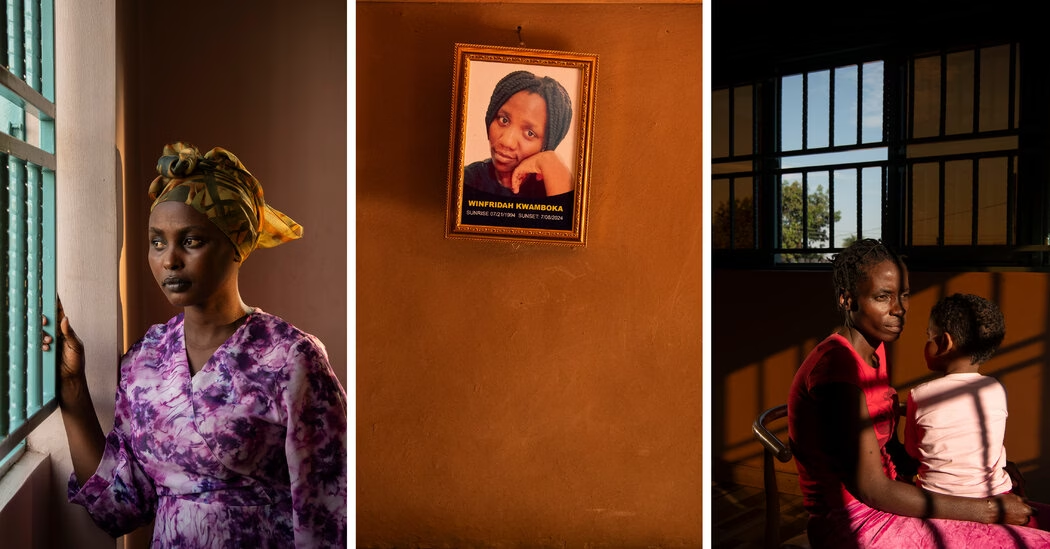In many countries, working as a housekeeper or nanny is considered a relatively safe profession. However, during our travels across Kenya and Uganda, we consistently heard disturbing stories of young, healthy women going to Saudi Arabia for domestic jobs and returning beaten, scarred, or even in coffins. Over the past five years, at least 274 Kenyans, mostly women, have died in Saudi Arabia, with 55 deaths occurring just last year, which is double the previous year.
Autopsies only raised more questions, as the cause of death often did not match the injuries found on the bodies. Some women fell from roofs or balconies, while others suffered electrocution. This did not seem like an obscure industry with unscrupulous players, as East African women are recruited by the thousands and trained by well-established companies before being sent to Saudi Arabia through a process regulated and approved by the Ugandan, Kenyan, and Saudi governments.
Worker advocates have blamed archaic Saudi labor laws for these occurrences, but we investigated further and found that the workers were being sold a dream that often turned into a nightmare. The women are lured to Saudi Arabia with promises of better wages and opportunities, but recruitment agencies mislead them about their wages and make them sign contracts they cannot read. Some agencies even market the women as products for sale to Saudi clients.
When the women arrive in Saudi Arabia, their employers often confiscate their passports and belongings. Many of these women are shortchanged or denied their wages by their employers. It appears that powerful people are making money off these women, as corporate records and legal documents often reveal that high-ranking officials in Kenya and Uganda own stakes in staffing agencies.
In both Kenya and Saudi Arabia, members of influential families and officials, including those who are supposed to protect the workers, have invested in agencies that supply domestic workers. Despite mounting evidence of abuse, leaders, including President William Ruto of Kenya, continue to send more workers abroad. Abused workers have limited recourse, as East African governments have ignored calls for better labor agreements with Saudi Arabia. The women often face obstacles in accessing justice and may even be forced to pay for their own flight home.
The Saudi government claims its law enforcement and courts protect workers against abuse and help them seek recourse, but the women we spoke to were unable to access such resources. They often return home broke, disabled, and suicidal. In cases of serious injury or death, families have to navigate a complex web of bureaucracy, apathy, and impunity.
Source: https://www.nytimes.com/2025/03/16/world/africa/to-investigate-labor-abuse-we-began-with-a-question-who-profits.html






